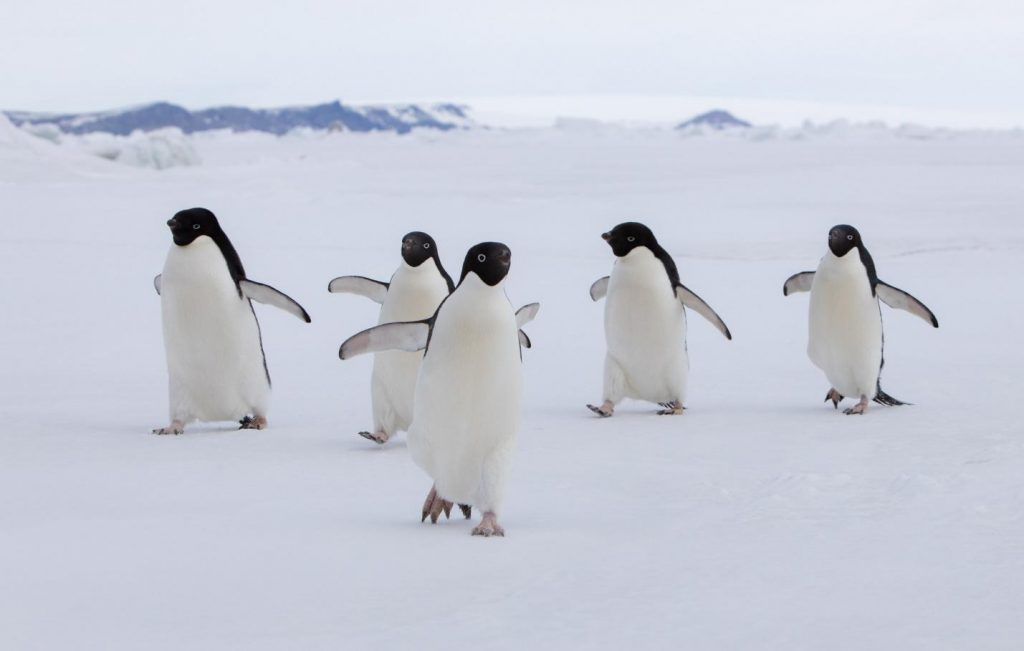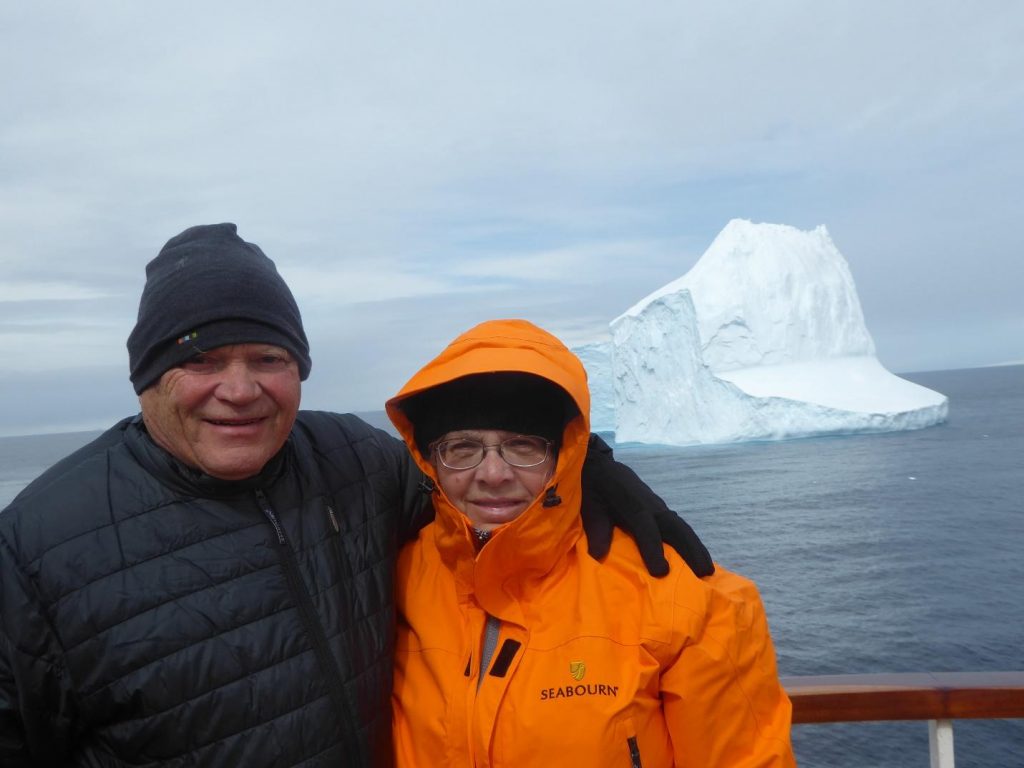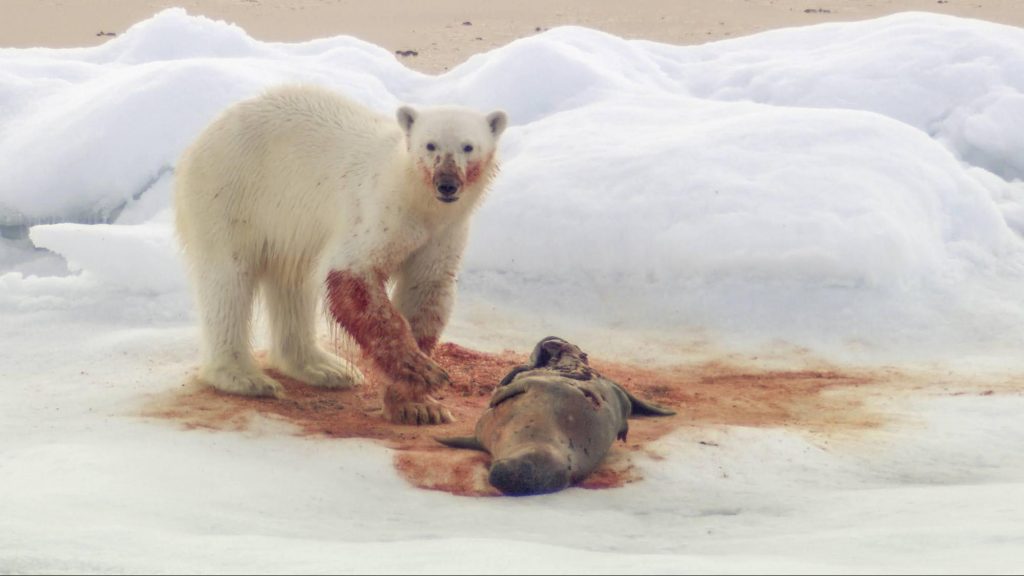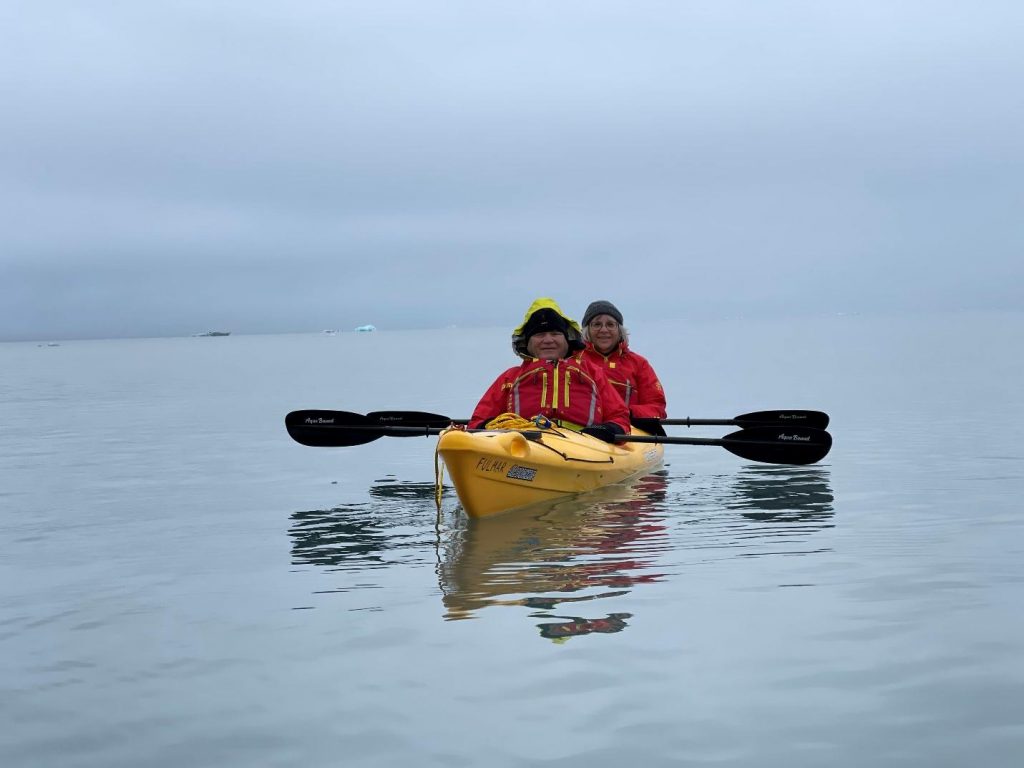There is nothing like adventure travel to reignite hope, passion or spark creativity. And based on the latest travel data, I’m not the only one that feels that way.
Looking back.

There is no denying, since Covid, the world has changed. Not only did we lose over 7 million people worldwide (a conservative estimate), but millions more suffered financial ruin or hardship, and significant numbers have battled chronic depression. Suffice it to say, for most of us, the last few years have sucked.
Granted, there were high points—the birth of two grandsons, more time with my husband, weekly family Zoom meetings, more time spent outside. But now, as the masks come off and we reemerge, there is a chance to redefine how we go forward. Do we resume our lives and fall back into the same routines, or do we make some conscious choices for change?
In December 2019, my husband and I spent 21 days in South America and Antarctica aboard a luxury expedition ship. We visited the Falklands, Chile, Uruguay and Argentina, and spent ten magical days following in the footsteps of explorers like Scott and Shackleton. Bundled up in Arctic gear, we boarded Zodiac boats exploring the magical land of ice and penguins. We saw whales and seals and evermore penguins. We kayaked Elephant Island, where Shackleton’s men wintered over for their second year. We ate and drank like royalty, entertained and educated by a handpicked crew.
Fast forward to August 2022
With trips booked in 2020 and 2021, we now suddenly find ourselves taking two rescheduled trips in 2022.
The Arctic
I’ll admit, in August, as I donned my mask for the plane ride from Denver to Munich to Oslo, I felt an excitement reminiscent of the first time I flew on a plane. Then I was five, traveling alone in the care of a flight attendant, headed to Grandma’s for a week. The thrill of a lifetime! I can still feel the flutters in my stomach as the engines whined and the plane hurtled toward take off.

It wasn’t the only déjà vu moment. When the charter plane destined for Longyearbyen, Svalbard was grounded and swapped out for a “vintage” aircraft, we didn’t think twice about boarding. It brought back the thrill of adventure I’d once felt on an Icelandic flight from Reykjavik to Luxembourg. I was nineteen, on the first leg of a six month adventure backpacking Europe. The weather was atrocious. The engines were icing up. Four attempts were made to take off, and four attempts were aborted. Finally, the pilots announced they were deicing the plane and going, no matter what. Anyone who wanted was given a free pass to stay behind for a plane the next day. My BFF and I were among those that climbed aboard, white knuckles gripping the armrests as the ice-caked plane broke clear of the runway and lumbered into the sky.

The Arctic was different than Antarctica. It was colder, grayer, and significantly more dangerous. In the Arctic, there are polar bears. That time of year, the bears should all have caught the ice and been much further north. Those that missed the boat, were hungry. Their main job was finding something to eat. While seals are their main diet, polar bears don’t care. Unlike sharks, which really don’t want to hunt humans, polar bears don’t discriminate. They just want blubber and meat. So it was actually reassuring to see the contingent of “bear guards” that headed out an hour ahead of the expeditions, geared up with flares, tasers and rifles loaded for bears. They patrolled both the land and water, as polar bears are fast on land and exceptional swimmers.

The guards kept kayakers and hikers safe, and when it came time for the “Polar Plunge” (a ritual jump from the edge of a Zodiac into the frigid waters of the Arctic Ocean), it was reassuring to see the bear patrol sweeping the water. Certainly, having dined like royalty for the previous week, the 30 or more 45 to 65-year-olds could easily have been mistaken for a colony of young ringed seals.
Growing up in the mountains of Colorado, I have always lived on the interface of man and animal. My childhood home and the one where my kids were raised were smack in the middle of mountain lion and bear territory. Growing up, I learned, and my kids were taught, how to co-exist with the wildlife. With paw prints on full display in the school’s playground sand each morning, the kids were given pamphlets and instructions on what to do if and/or when you come face to face with a mountain lion. It happens.

My epiphany.
What I realized on that ship is that my husband and I were in the minority. We were among the few aboard who understood the impact of our venturing on the environment, and in the town of Ittoqqortoormiit. It is the only permanent settlement in Scoresby Sound, home to approximately 400 native Greenlanders. Each interface alters the ecosystems and impacts the community. Waterproof boots trample tundra in cordoned-off areas, while “bear guards” impact larger swatches of land. Then there are the visitors who wander outside of the marked boundaries, whether out of ignorance or a sense of entitlement.
It is a gift to be able to see the world, and with that comes responsibility. While it may not be possible to have no impact when traveling, it behooves us all to employ the basic tenants of Leave No Trace.
Going forward.
This year at Christmas, my husband and I are headed to New Zealand and Australia. It makes seven continents for both of us. It’s somewhere we’ve dreamed of going for years. I find myself looking forward to our departure with a renewed sense of excitement and joy that mirrors that of my early days. I am delighted to say, the past three years has reawakened the kid in me, sparking my adventurous spirit and rekindling my gratitude for the freedom to explore. All I can say is, “bring it on!”
What’s new with all of you? Have you experienced a “rekindling” of sorts?

















































What incredible international – and exotic (if freezing and scary) experiences!!! Now, I want to see how you will weave many of these encounters into your next mysteries and thrillers. You certainly have enough material for settings that will intrigue your many readers. Thanks for telling us about places most of us have never had a chance to visit! (As for me after Covid, I’ve had no interest in traveling far and wide. I’m happy to stay home with our pups, reconnect with old friends, and keep writing stories.)
I know quite a few people who feel like you do, Karna. I think everyone has their own ways of rekindling. You’ve been super creative the past three years. I’m glad to finally be stirring again.
Oh, Chris, you and Wes are true adventurers. I enjoyed the contrasts you drew between the Arctic and Antarctica — I’ve written about both, but never visited, so your observations were particularly illuminating. And your conclusion about our species’ ignorance of our impact is so important … it’s hard to remember, but we must never forget. Thanks for a wonderful blog!
I was most struck when we visited Ittoqqortoormiit, Greenland. I can only imagine what the people there thought. We all admired their handicrafts but didn’t buy much. We couldn’t bring a lot of it back because of the import laws on wildlife goods in the US–not to mention the items really weren’t in sync with our current sensibilities. The “cultural show” the kids put on–a country swing dance to a Creedence Clearwater Revival song–was far removed from the performance of the lifecycle of a bird by an older Inuit storyteller. I imagine many of those kids grow more and more curious about life outside of Ittoqqortoormiit, and less and less enchanted with the hard scrabble life they live. And there could be no mistaking how unhappy the older generations were with our invasion.
Now that I type this, I’m reminded of a time Wes and I went to a Bluegrass Festival in Mt. Ida, Arkansas. We happened upon the poster at a BBQ place while attending my agent’s wedding in Caddo Gap. We had the afternoon free, so we decided to explore. Mt. Ida was this little small town in the Ouachita Mountains, near Mt. Ida, not many homes and one town square. That’s where the festival was. Everyone around who played a banjo or guitar (mostly all men) gathered in the square and jammed. The rest set up tables with crockpots full of melted Velveeta cheese, and ladened with Nachos and hotdogs, etc. It was this slice of Americana that is going away. I will be surprised if it’s something my children will ever see.
It’s a real Catch 22. I was lucky to see and experience it, but by doing so I diminish the chances that my those coming later will actually see the same thing. It’s like the reenactment villages to give us a sense of how our ancestors lived. Do I feel bad about it? Yes. Will it stop me for exploring? No. I’ll leave space exploration to the kids!
Love the photos and your adventurous spirit. Thanks for sharing this, Chris!
I’m still working on rekindling. For me I really don’t think it was Covid, I think it was menopause. It’s as if you wake up one morning, look around, and feel dissatisfied with EVERYTHING, past, present, future, regrets, choices, personally, professionally….everything. (Note to old TV shows: THAT’S why we’re cranky, not because we can’t have children any more.)
So…I now know I need to reimagine exactly what I want my remaining years on this earth to be like.
It’s a work in progress.
You have a point! Though, I’m a little further past menopause than you are. It’s exactly as you describe it. It’s like I woke up and felt this need to reinvent myself so as not to waste another minute doing things I no longer want to do. Time no longer seems infinite, and the expiration date looms. There are only so many more years–and there is sooooo much left to do.
What an amazing journey and wonderful pictures! I’ve lived long enough to have witnessed eco-changes from the increase in ticks, which like warmer weather, and decreases in certain bird populations. Thank you for your insights.
Wow. How cool is THAT!?